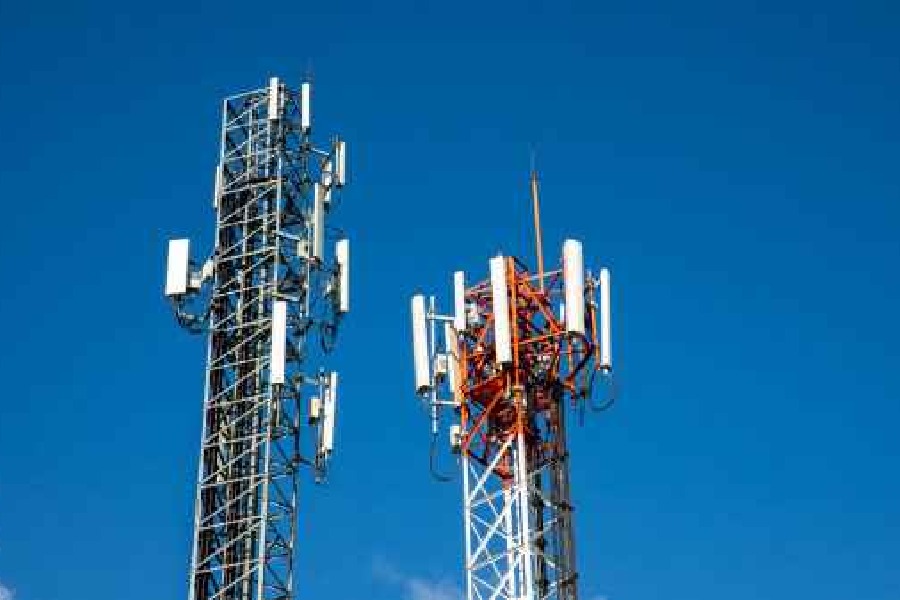Telecom companies and OTT platforms are in a face-off over the inclusion of OTTs in Telecommunication Act 2023 that would subject them to greater regulations.
The dispute has intensified as the Telecom Regulatory Authority of India (Trai) seeks public input on new licensing rules.
Telecom giants are adamant OTT players such as WhatsApp, Signal and Telegram should be brought under the telecommunication act.
"As per our understanding, OTT communication services are covered under the new telecom act as an access service," said a spokesperson for the Cellular Operators Association of India (COAI).
Reliance Jio has said the act's definition of 'message' and 'telecommunication service' encompasses OTT communication services.
"In order to ensure the same rules for the same or similar services, it is important to bring such over the top (OTT) communication service providers under access services authorisation," Jio said.
The Internet & Mobile Association of India (IAMAI) has said OTT services are already comprehensively regulated under the Information Technology Act, 2000. "OTT services are not within the scope of the Telecommunications Act, 2023," a spokesperson said.
"When the Telecom Act was introduced in Parliament, Ashwini Vaishnaw (the then telecom minister) clarified that OTT has been regulated by the IT Act of 2000.”
The industry bodies argue that OTTs are distinct from telecom service providers in terms of their operations. "From a technical perspective, TSPs operate on the network layer, while OTT providers operate on the application layer," the IAMAI said.
"It is the demand for online content and applications provided by OTT providers that is driving an increase in the demand for internet access supplied to consumers by TSPs," the IAMAI said.
Nasscom has also stated that OTTs are not covered under the ambit of Telecommunications Act, 2023. There is no need to bring OTTs under service authorisation and impose any additional regulatory burden on them.










